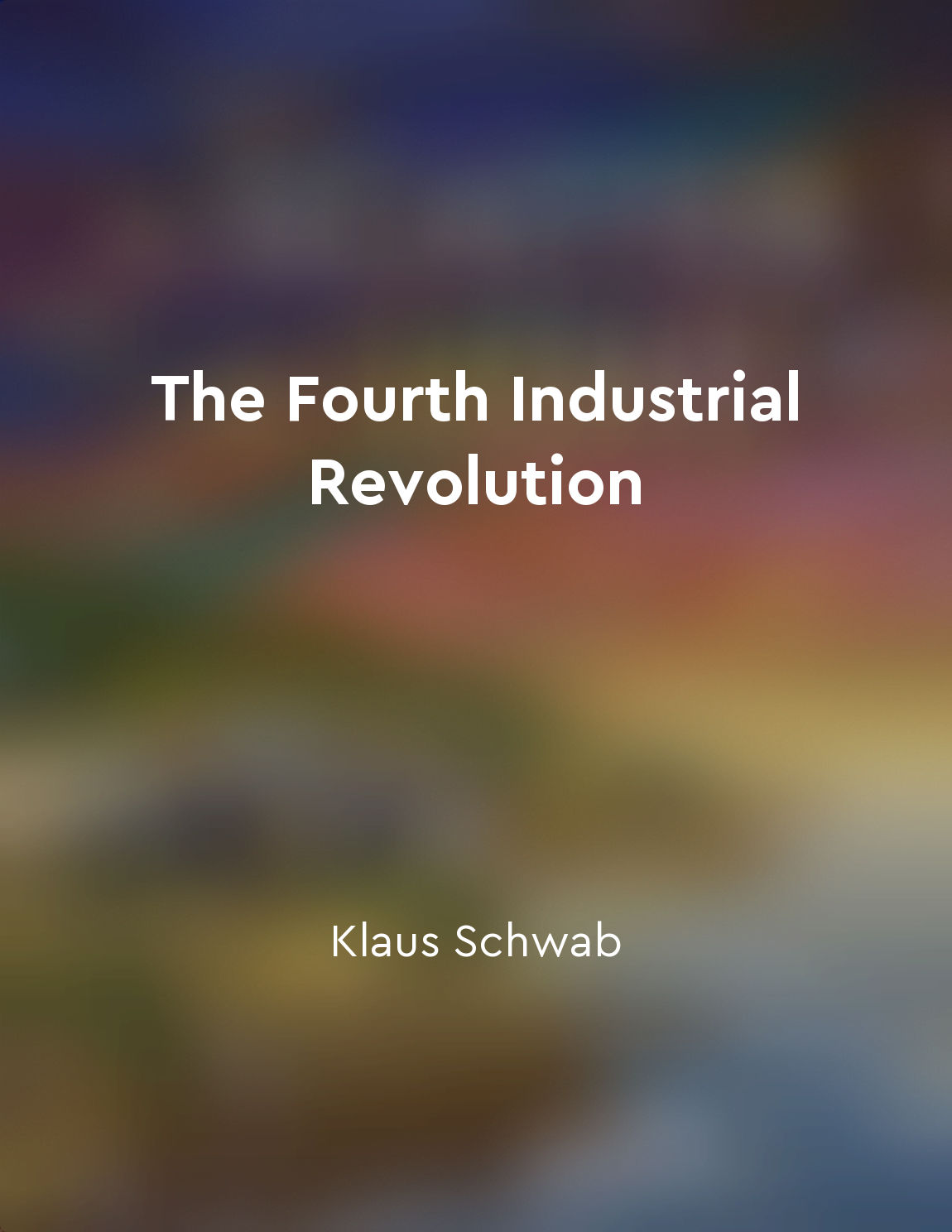Audio available in app
Understanding AI ethics is crucial for responsible AI deployment from "summary" of Lean AI by Lomit Patel
As we navigate the complex landscape of artificial intelligence (AI), it becomes increasingly evident that our decisions around AI deployment have far-reaching implications. It is not just about the technology itself, but also the ethical considerations that come with it. Ignoring or overlooking these ethical aspects can lead to serious consequences, both for businesses and society as a whole. AI ethics is not a mere suggestion or an optional add-on to our AI strategies. It is a fundamental pillar that supports the responsible and sustainable deployment of AI. When we talk about AI ethics, we are referring to the values, principles, and guidelines that govern the development and use of AI systems. These guidelines are essential for ensuring that AI is used in a way that is fair, transparent, and accountable. By understanding AI ethics, we can make more informed decisions about how we deploy AI within our organizations. We can identify potential biases, risks, and unintended consequences before they have a chance to manifest. This proactive approach not only helps us mitigate potential harms but also builds trust with our stakeholders, customers, and the broader public. Moreover, AI ethics is not just a moral imperative; it is also a strategic advantage. Companies that prioritize ethical considerations in their AI initiatives are more likely to succeed in the long run. They are better equipped to navigate regulatory challenges, attract top talent, and foster positive relationships with their customers. In other words, investing in AI ethics is not just the right thing to do; it is also the smart thing to do.- Understanding AI ethics is not just a buzzword or a passing trend. It is a critical component of responsible AI deployment. By incorporating ethical considerations into our AI strategies, we can create more trustworthy, transparent, and sustainable AI systems that benefit both our businesses and society at large.
Similar Posts
Vision for a more sustainable and equitable future
The vision for a more sustainable and equitable future is a guiding principle that shapes the decisions and actions of individu...

Virtual reality addiction as a societal issue
Virtual reality addiction has become a pressing societal issue in recent years. As the technology behind virtual reality contin...
Crossvalidation ensures the generalization of models
Crossvalidation is a technique used to ensure the generalization of models. When we build a model using a training set and then...

The future of Homo sapiens is uncertain
The future of Homo sapiens is a topic of great uncertainty. As we look ahead, we can see various possibilities that could shape...
Adapt to change
In the twenty-first century, the ability to adapt to change is more important than ever before. With the rapid pace of technolo...

Embracing change and adapting to new technologies is essential for future success
The Fourth Industrial Revolution emphasizes the critical need for individuals and organizations to remain flexible and open-min...
The workforce must develop new skills to remain relevant
In a world where machines are increasingly taking over routine tasks, the workforce must constantly evolve and develop new skil...
The internet is transforming communication
In the last two decades, the way people communicate has undergone a profound transformation due to the internet. The internet h...
AI can create new opportunities for growth
AI has the potential to open up a whole new world of opportunities for economic growth. By leveraging the power of artificial i...
Search for extraterrestrial life continues
The search for extraterrestrial life is ongoing, with scientists continuing to explore the universe in hopes of finding evidenc...

